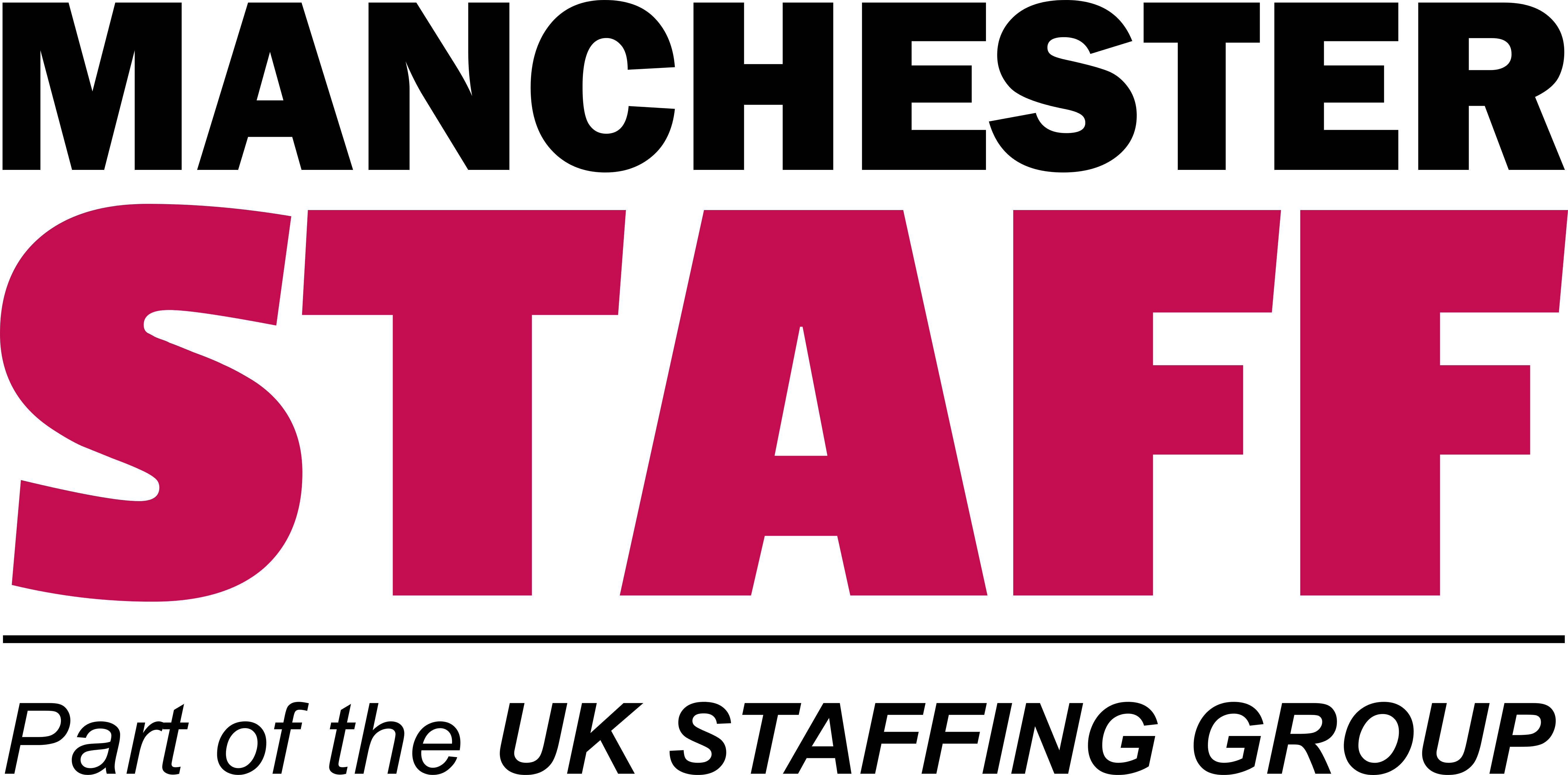
The job interview process can be both exciting and nerve-wracking. It’s the gateway to potential career opportunities, but it also comes with its fair share of uncertainty. However, understanding what to expect and adequately preparing for the interview can help you enter the interview room with confidence. In this blog, we’ll take you behind the interview door, offering valuable insights into the typical interview process and providing essential tips on how to prepare effectively.
The Pre-Interview Stage
Before you even step foot in the interview room, there are essential steps to take:
- Research the Company
Gain a deep understanding of the company’s mission, values, products, services, and recent achievements. Familiarising yourself with the company’s culture and goals will impress the interviewer and allow you to tailor your responses accordingly.
- Know Your Resume
Be prepared to discuss any aspect of your resume. The interviewer may inquire about specific experiences, skills, or achievements, so be ready to provide detailed explanations.
- Practice Common Interview Questions
Rehearse responses to common interview questions such as “Tell me about yourself,” “What are your strengths and weaknesses,” and “Why do you want to work here?” Practicing will help you articulate your thoughts more confidently during the actual interview.
The Interview Day
On the day of the interview, follow these steps to ensure a smooth experience:
- Dress Professionally
Dress appropriately for the position and company culture. Opt for professional attire that reflects your commitment to the role.
- Arrive Early
Plan your journey to arrive at the interview location 10-15 minutes early. Punctuality shows respect for the interviewer’s time and demonstrates your reliability.
- Showcase Positive Body Language:
During the interview, maintain eye contact, offer a firm handshake, and sit up straight. Positive body language conveys confidence and professionalism.
The Interview Process
Understand the typical interview structure and how to navigate each stage:
- Introduction and Ice-Breaking:
The interviewer will start by introducing themselves and may engage in some small talk to put you at ease. Stay polite and friendly throughout the conversation.
- Behavioural Questions:
Expect to encounter behavioural questions that assess your past actions and reactions. Use the STAR method (Situation, Task, Action, Result) to structure your responses effectively.
- Technical Questions (if applicable)
Technical interviews assess your job-specific skills and knowledge. Be prepared to tackle scenarios relevant to the role you’re applying for.
- Questions from You
Towards the end of the interview, the interviewer will likely ask if you have any questions. Use this opportunity to inquire about the company culture, team dynamics, or any specific concerns you have about the role.
Handling Difficult Situations
Sometimes, interviews may throw unexpected challenges your way. Here’s how to navigate difficult situations:
- Stay Calm and Composed
If you encounter a tough question or scenario, take a moment to gather your thoughts before responding. Remaining calm shows your ability to handle pressure.
- Ask for Clarification
Don’t hesitate to seek clarification if you don’t fully understand a question. It demonstrates your attention to detail and willingness to ensure accurate communication.
After the Interview
The interview doesn’t end when you leave the room. Follow these steps to leave a lasting impression:
- Send a Thank-You Email
Within 24 hours of the interview, give feedback to your recruiter, expressing your gratitude for the opportunity and reaffirming your interest in the position.
- Reflect on the Experience
Take time to evaluate your interview performance. Identify areas of strength and areas that need improvement to enhance your preparation for future interviews.
The interview process can be both challenging and rewarding. By understanding what to expect and thoroughly preparing for each stage, you can confidently tackle any interview that comes your way. Remember to showcase your skills, experience, and passion for the role while also researching the company to demonstrate your genuine interest. With the right mindset and preparation, you’ll increase your chances of leaving a lasting impression and landing that dream job. Good luck!

